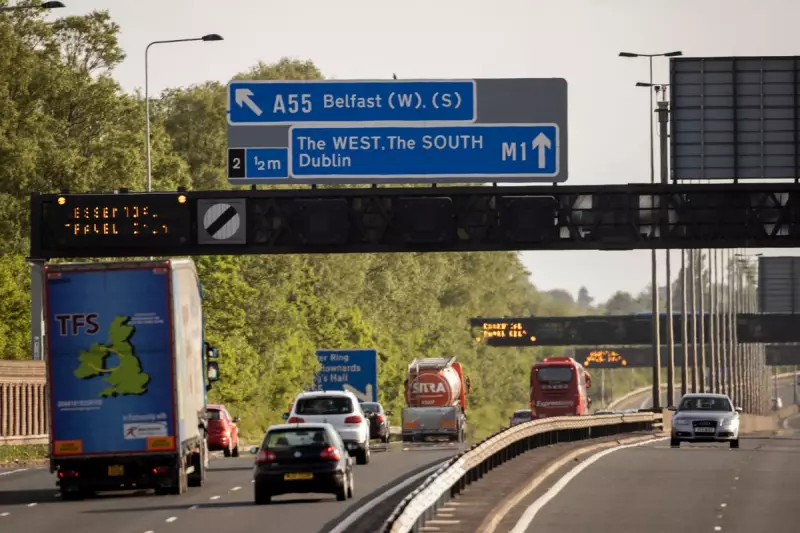
In a historic moment for Northern Irish politics, the Stormont Assembly has officially restored devolved government after a gruelling two-year suspension that had paralysed decision-making in the region.
The breakthrough came following an intense all-night negotiating session, culminating in the election of Sinn Féin's Michelle O'Neill as First Minister - marking the first time a nationalist has held the position since the establishment of Northern Ireland.
A New Political Era Dawns
The return to power-sharing represents a significant constitutional milestone, with Ms O'Neill stating she would serve equally for all, "whether they are nationalist, unionist or other".
Emma Little-Pengelly of the Democratic Unionist Party (DUP) was appointed deputy First Minister, with both roles holding equal power despite their different titles.
Breaking the Political Deadlock
The DUP had collapsed the executive in February 2022 in protest against post-Brexit trading arrangements. Their return to government follows the party's endorsement of a deal with Westminster on the Windsor Framework, which aims to ease trade barriers between Northern Ireland and Great Britain.
Assembly members gathered at Parliament Buildings at Stormont on Saturday for a historic sitting that saw the election of a new speaker - the essential first step toward restoring the institutions.
Cross-Community Representation
The restoration also saw Ulster Unionist Party (UUP) member Mike Nesbitt take up the role of justice minister, while the Alliance Party's Andrew Muir became agriculture, environment and rural affairs minister.
Northern Ireland Secretary Chris Heaton-Harris welcomed the development, stating: "This is a great day for Northern Ireland, where a brighter future can now be built."
The return of devolved government means a £3.3 billion financial package from Westminster can now be released to support struggling public services in Northern Ireland.





